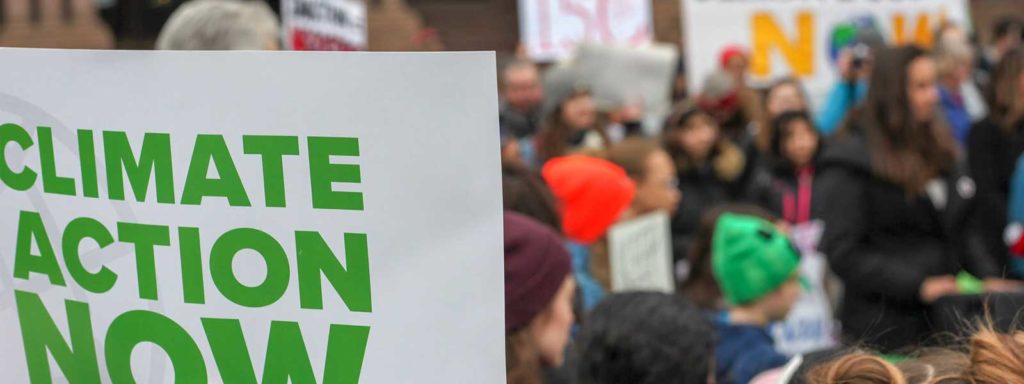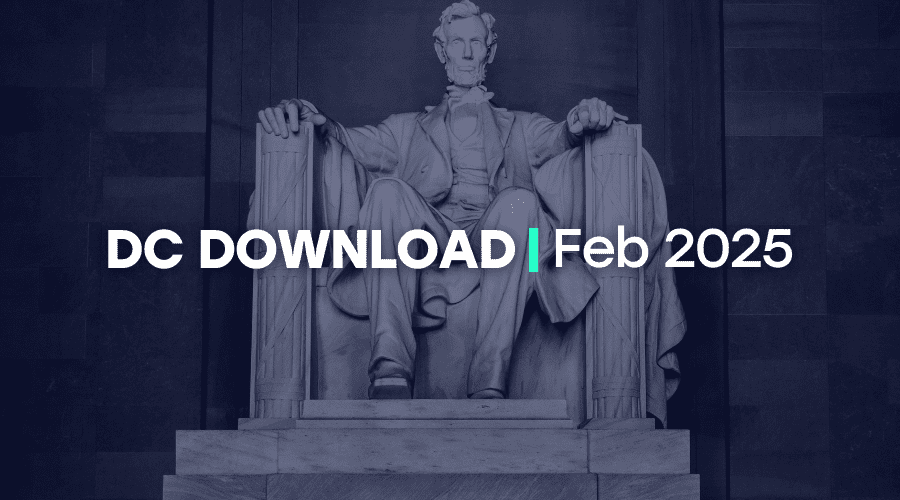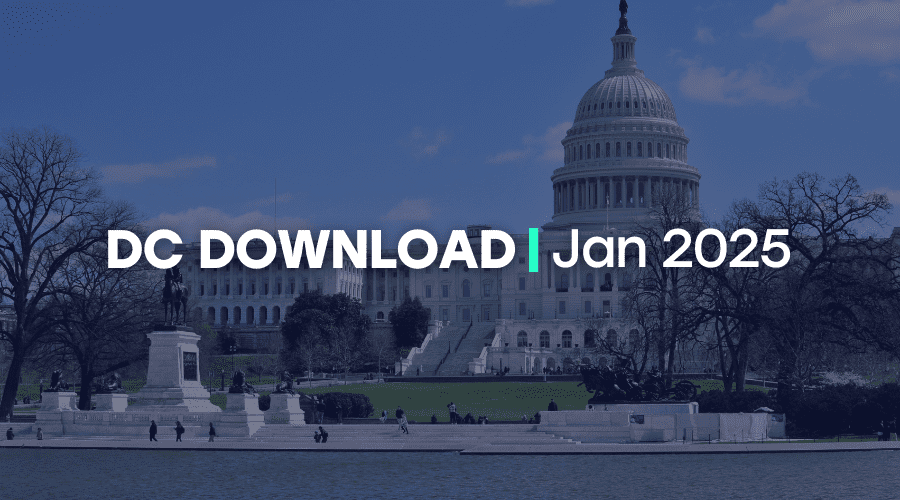“How dare you?” Climate change activist Greta Thunberg used those words this week as she spoke to world leaders at UN Climate Action Summit 2019 in New York. Her powerful testimony was personal and relevant. Like we saw last year with the March For Our Lives movement, youth have often been on the forefront of our social movements.
Community- and youth-led advocacy are such effective and useful ways for people to advance the change they want that Teen Vogue recently increased editorial focus on advocacy and activism. In fact, the teen-focused magazine recently published an editorial that catalogued the experience of Yesenia Jimenez, a college student in California who regularly experienced food insecurity. As a student, she became involved with a group on campus that lobbied for undocumented people’s rights. A bill was advancing through the California Legislature to make the state a “sanctuary state,” which would be an important pillar of security for undocumented people to go to places like shelters and food banks, and call the police without fear of prosecution. Jimenez describes her first day of lobbying at the California State Capitol as “demystifying,” and “eye opening,” saying how it challenged her preconceived ideas.
The bill she lobbied for, SB 54, was eventually passed. But she didn’t stop there, eventually advocating for measures such as addressing food insecurity and tenants’ rights. Rather than the “professional lobbyists” that typically met with lawmakers in Sacramento with PowerPoints and printed charts, Yesenia and her network brought actual people, fellow Americans who could say “I want this bill passed,” or “I want this bill voted down, because here’s how it would affect my everyday life.”
Independent Sector member, the YMCA of the USA, understands the power that exists in training youth people to get more involved in using their voice for policy change. Through its Youth and Government program the Y provides students with the opportunity to represent and serve their communities through model government, leadership and professional development, advocacy, and service learning, according to Neal Denton, senior vice president and government affairs officer at YMCA of the USA.
“One of the misperceptions that we work to overcome, is that advocacy or lobbying are detrimental to the civic process,” Denton said. “We emphasize with our students how important it is that every cause or interest, no matter how big or small, has a way to educate policymakers. The act of advocacy isn’t a job reserved for those with influence, but it’s an important, and often frustrating, form of education.”
He went on to say, “It’s important to encourage youth to speak out and help shape the world that they live in…it is equally important to equip them to effectively communicate their views, so they are heard.”
The Teen Vogue editorial concludes in part by saying “at the heart of a healthy democracy is a reliance on community participation.” Denton echoed that in his own assessment of Teen Vogue’s piece by saying, “you don’t have to be a professional lobbyist to influence public officials. You need to back up your argument with facts, articulate your points with good storytelling, and be yourself.”
Greta Thunberg, the millions of other youth who participated in protests around the world this week, and the focus of the Teen Vogue editorial are a reminder to those of us who hold influence and power that even people who might not be able to vote yet have the power and authority to advocate for change.



